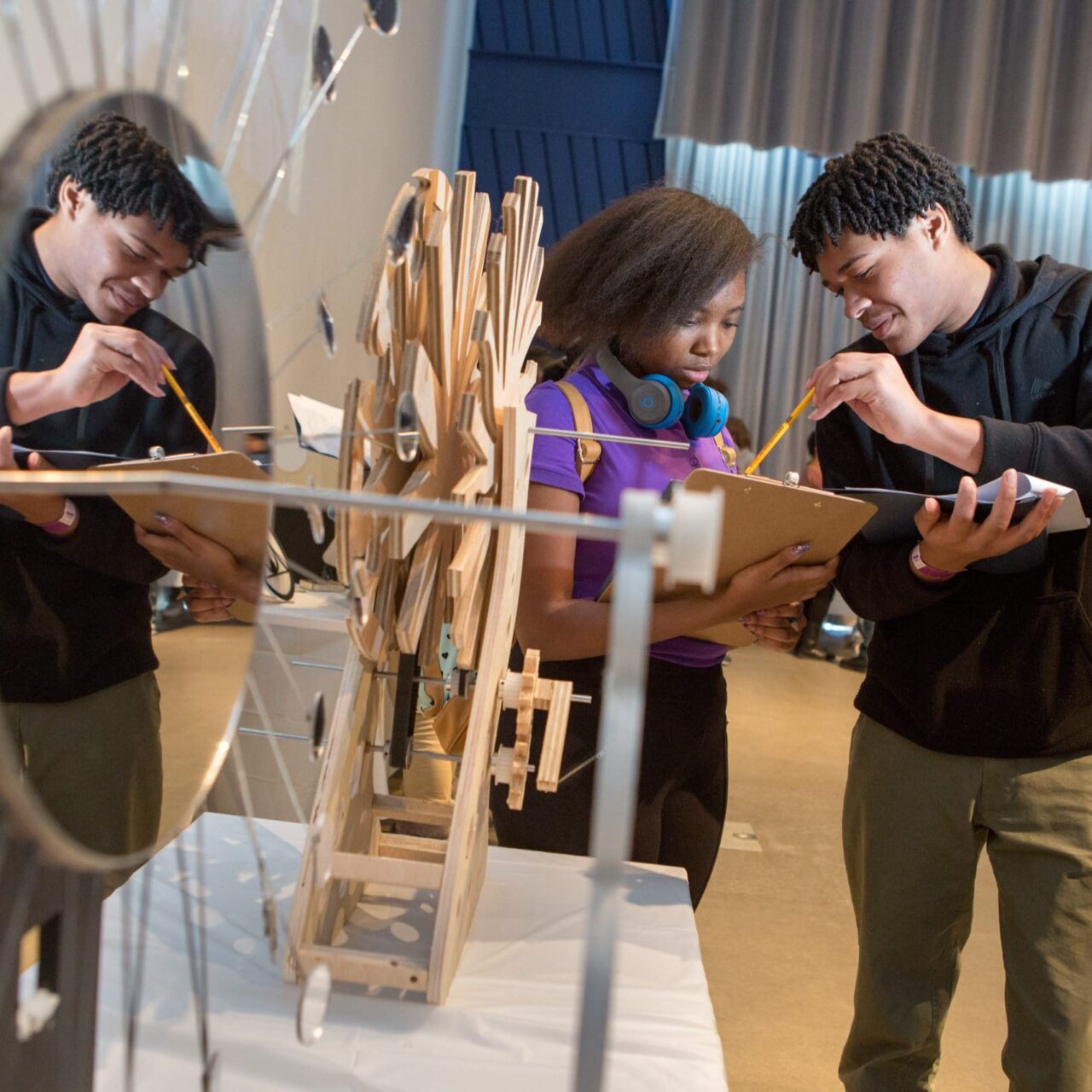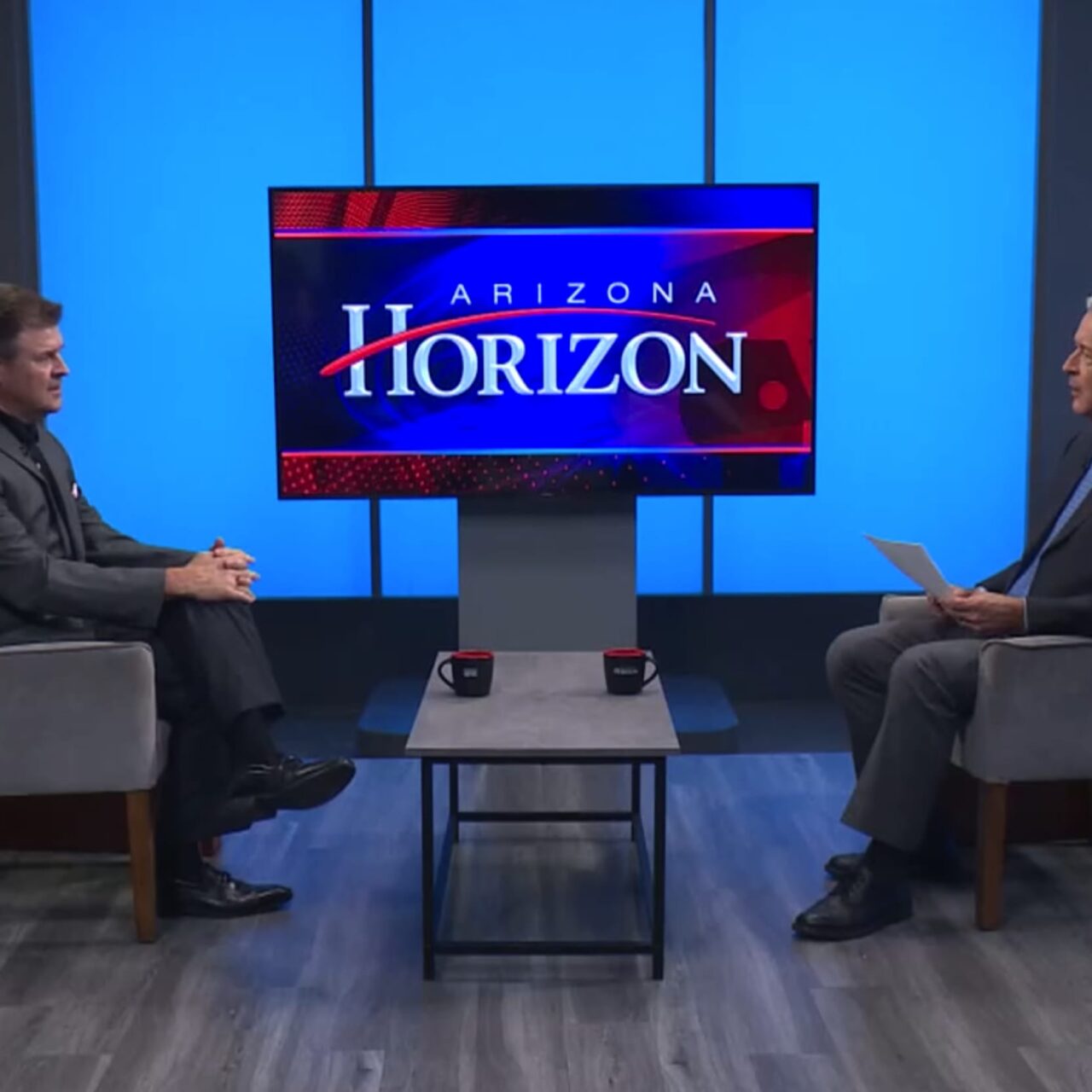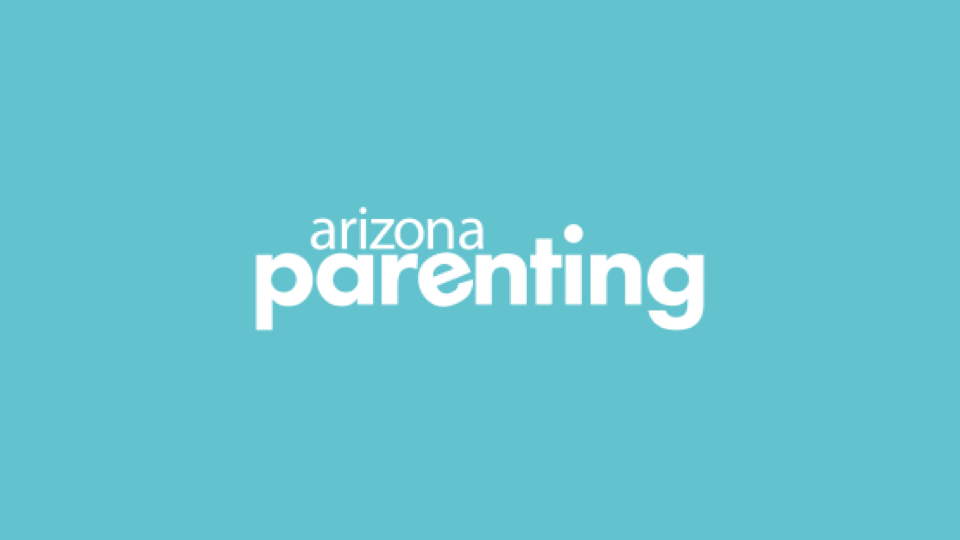PHOENIX – Education and business leaders on Wednesday unveiled an “Everything to Gain” campaign, with a goal of helping to increase the number of Arizonans with college degrees or certificates by 2030. If successful, they say, it could boost the state’s economy.
The campaign is the latest effort to help meet the state’s Achieve60AZ goal, which the Board of Regents and then-Gov. Doug Ducey announced in 2016. The initiative aims for 60% of Arizonans to have a post-high school degree or certificate by 2030.
Currently, 48% of Arizonans have a degree or certificate, said Rich Nickel, president and CEO of Education Forward Arizona.
At a news conference at Phoenix College, advocacy group Education Forward Arizona launched Everything to Gain. The group advocates for expanding scholarship programs, augmenting pay for teachers and increasing dual enrollment plans, which allow students to earn college credits while still in high school, among other actions.
“Increasing higher education enrollment by just 20% could lead to more than $5 billion in economic gains for Arizona each year,” Nickel said. “That’s $5 billion, with a ‘b,’ for every high school graduating class that accomplishes that goal. But we have a lot of work to do if we’re going to reap these benefits.”
Steven Gonzales, chancellor of Maricopa Community College District, said he is concerned about the state’s degree attainment numbers.
“Just a few weeks ago, Arizona’s three public universities, community colleges, tribal colleges and private colleges and universities, awarded more than 80,000 two- and four-year college degrees and thousands of professional certificates,” Gonzales said. “While those numbers sound impressive, they actually represent a level of stasis that is very concerning.”
Undergraduate enrollment at Arizona colleges and universities dropped an estimated 0.5% in spring 2023 compared to the previous year, according to a recent analysis by the National Student Clearinghouse Research Center.
One big reason Arizonans aren’t seeking degrees is because of the cost of tuition.
At Arizona State University, the state’s largest university, in-state tuition costs roughly $12,000 per year for a bachelor’s degree, according to its website.
In April, the Board of Regents approved a 3% tuition increase over the next five years for Arizona’s three largest universities: ASU, Northern Arizona University and University of Arizona.
Nickel said the state Legislature is to blame for high tuition.
“Unfortunately, in Arizona, because the state Legislature has really underfunded our universities over time, they’ve really been forced to make up that gap with tuition increases,” Nickel said.
Gonzales added that the fewer number of students earning degrees also has to do with underfunding from the state.
“Today’s students have to work between four and six times more hours per week than they did in the 1970s, just to be able to afford tuition fees,” Gonzales said. “So that’s what demonstrates the lack of state investment. That dollar has to get passed on to someone and unfortunately, it’s passed on to the students.”
Regardless of the cost, Gonzales still advocates for Arizonans to pursue some kind of post-high school education.
“Folks have got to see this as an investment in themselves,” Gonzales said. “And I say to do whatever it takes for you to pursue some form of post-secondary education. I know there’s a lot of debate on whether students should take out student loans.
“That’s a last resort option for many students, sometimes an only resort option. But even that – it’s looking at it as an investment in yourself.”
Full-time workers, 22 to 27 years old, with bachelor’s degrees made a median yearly wage of $52,000 in 2021. Their counterparts with high school diplomas earned only $30,000 a year, according to a Pew Research Center article in 2022.
These numbers are up from 1990, when bachelor’s degree holders in the same age range earned $48,481 annually, while those with diplomas earned $35,257.
The Everything to Gain campaign primarily seeks to spread awareness of Arizona’s education efforts by communicating through tactics such as hosting events, running ads and convening stakeholders, according to its website.
Related Articles
See All Articles
New Poll Highlights Voter Support for Expanded Education and Career Training in Arizona
Article | October 16, 2024

New poll reveals barriers Arizonans face to higher education
Article | August 15, 2024
Education Forward Arizona, as part of its Everything to Gain campaign, unveiled a second poll in an ongoing series for the state of Arizona. The results show that regardless of socioeconomic status, most Arizonans who never completed a degree or program outside of high school see the value of additional education or training. …

Arizonans still believe education beyond high school is important
Article | July 29, 2024
Education Forward Arizona, as part of its Everything to Gain campaign, unveiled a second poll in an ongoing series for the state of Arizona. The results show that regardless of socioeconomic status, most Arizonans who never completed a degree or program outside of high school see the value of additional education or training. …


